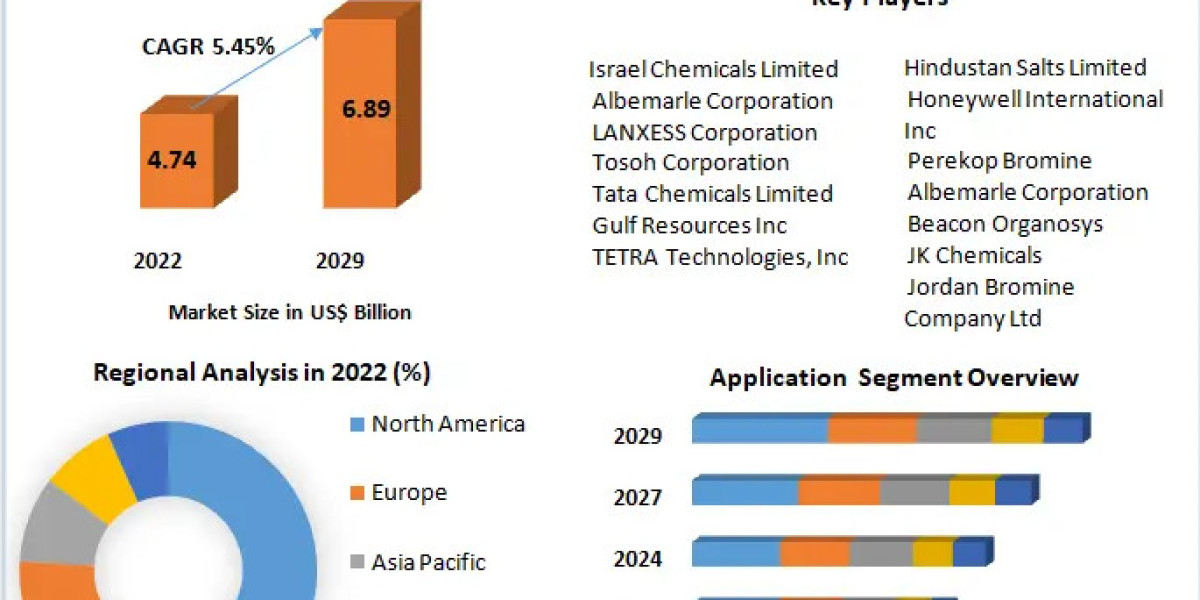Career prospects for medical coders are shining brighter than ever in today's dynamic healthcare landscape. Due to reasons like an aging population, technology developments, and a growing emphasis on data-driven decision making, the healthcare business is expanding rapidly. Due to the increase in healthcare activities, there is a significant need for qualified individuals with the ability to precisely convert medical data into standardized codes. Consequently, medical coding has become a highly sought-after job path due to its excellent salary, growth potential, and stability.
Remote Work Opportunities
The medical coding sector has been greatly impacted by the advent of remote employment. Owing to technological improvements and professionals' growing demands for flexibility, a growing number of healthcare businesses are increasingly hiring remote coders. Thanks to this trend, medical coders can now work from anywhere, have more work-life balance, and have access to a larger pool of job options. To succeed in this setting, remote coders need to have excellent time management abilities, strong self-discipline, and dependable internet access.
Role of Medical Coders
Medical coders are essential to the healthcare sector because they convert medical records into standardized codes. By keeping thorough and well-organized health records, their careful labor affects not only the bottom line but also the quality of patient treatment, clinical research organization, and public health monitoring. These codes, which include Current Procedural Terminology (CPT) and the International Classification of Diseases (ICD), guarantee accuracy in data analysis, billing, and reimbursement. Medical coders help healthcare professionals, insurance companies, and government organizations communicate effectively by providing accurate codes for diagnoses, procedures, and services. Medical coders are therefore essential to the healthcare system since they guarantee legal compliance and facilitate efficient healthcare delivery.
Industry Demand and Growth Trends
Medical coders are in high demand, and this trend is continuing. This growth is attributed to multiple factors:
- Aging Population: As people get older, there is a rise in the prevalence of chronic illnesses. This raises the demand for medical coders because it results in a bigger volume of medical services.
- Healthcare Reform: The medical coding environment has been profoundly altered by healthcare reform initiatives, such as the Affordable Care Act (ACA) in the United States. Become a Medical coders now need to constantly learn new material and adjust to the new codes, rules, and reimbursement schemes that have been implemented as a result of these reforms.
- Technological Advancements: Although technology is automating some areas of healthcare, it also generates enormous volumes of data that need to be coded and analyzed.
Medical coding employment is predicted to rise faster than the average for all vocations, according to industry estimates, which are continuously favorable.
Regulatory Environment
The healthcare business depends on the regulatory framework surrounding medical coding to maintain accuracy, openness, and compliance. Coding standards are set and enforced by regulatory organizations, such as the Centers for Medicare and Medicaid Services (CMS) in the US and other organizations of a similar nature across the globe. According to these rules, standard code sets such as CPT (Current Procedural Terminology) and ICD (International Classification of Diseases) should be used to code medical data.
Specialization and Certification
In order to progress in their jobs and achieve success in the medical coding field, certification and specialization are essential. Coders might concentrate on particular areas through specialization, such as outpatient or inpatient coding, or coding for specific medical specialties like neurology or oncology. In addition to increasing coding accuracy, this depth of knowledge establishes coders as authorities in their domains, which boosts employment opportunities and income possibilities.
The skill and proficiency of a programmer is further validated by certification. A mastery of coding principles, norms, and laws is demonstrated by certifications such as the Certified Coding Specialist (CCS) or the Certified Professional Coder (CPC). Employers looking to hire talented coders frequently demand or prefer candidates with these credentials, which are widely recognized in the healthcare field.
Career Pathways and Advancement
Career advancement in the medical coding sector is characterized by a path that starts with entry-level jobs where coders assign codes to diagnoses and medical procedures. Coders can opt to specialize in particular medical specialties like cardiology or orthopedics, or they can progress into specific areas like outpatient or inpatient coding with experience and specialized training. A medical coding certification that indicates expertise and opens doors to higher-level employment, such as Certified Professional Coder (CPC) or Certified Coding Specialist (CCS), is essential for career growth.
Job Outlook and Salary Expectations
The continued expansion of the healthcare sector contributes to the positive job outlook for medical coders. The requirement for precise and effective coding is growing along with the demand for healthcare services. Salary expectations, however, differ according to experience, credentials, region, and firm size. Professional coders with advanced credentials might command larger salary packages, even though entry-level roles might offer competitive starting salaries.
Conclusion
Medical coders have excellent career potential. The need for qualified workers is high due to the expanding healthcare sector and the increased complexity of medical coding. Medical coders can have prosperous and fulfilling careers by adhering to regulatory changes, embracing technology, and exploring chances for certification and specialization. The general career future is favorable, despite the obstacles the industry brings, such as the ongoing need for education and adaptation.



